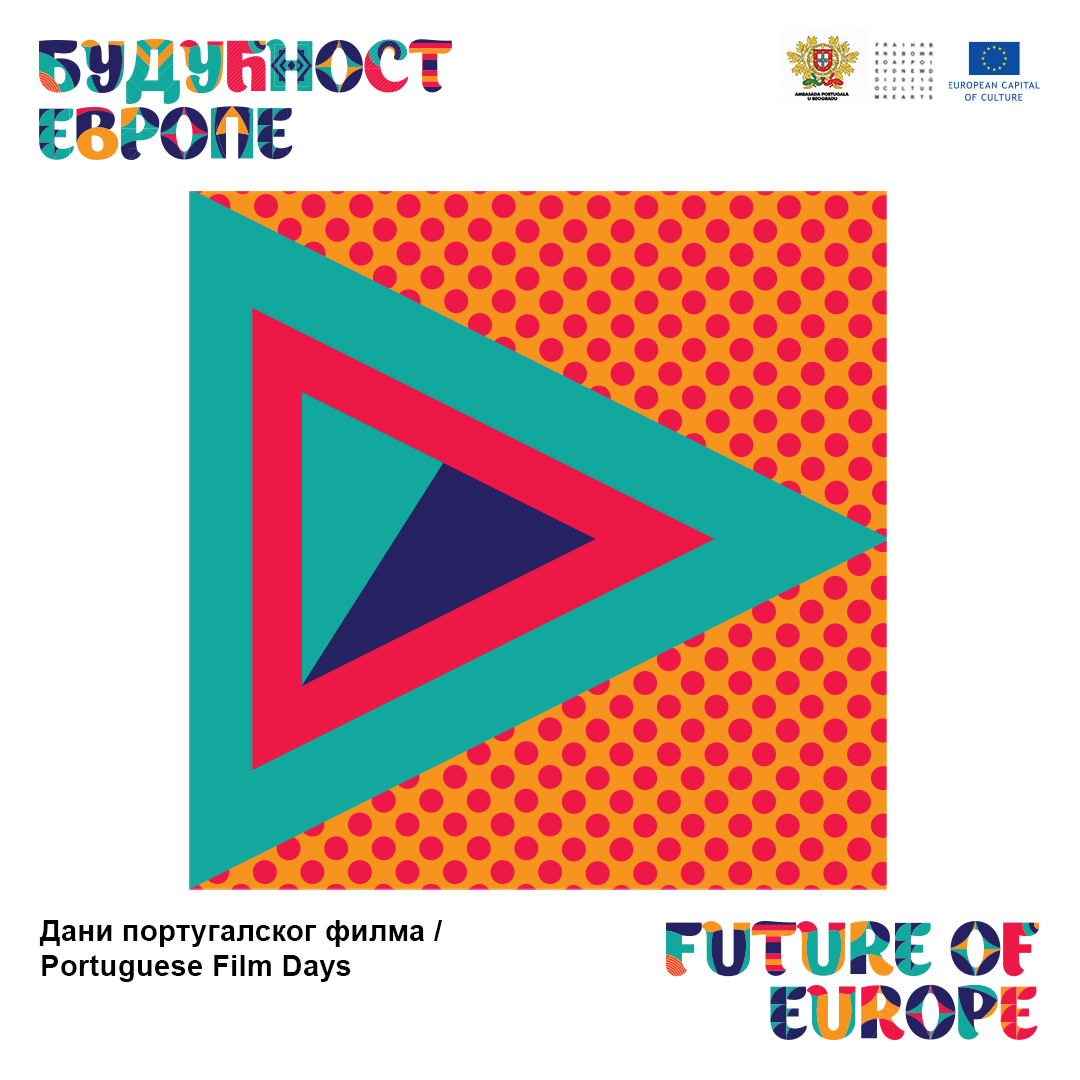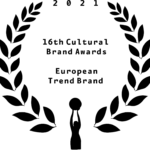Your first hint about Portugal is probably football, wine and hospitality, but within the ‘Future of Europe’ programme platform you will find out how incredible their culture and art are.
‘Days of Portuguese Film’ that will be held in the Cultural Centre of Novi Sad from 21 until 23 May, are a wonderful opportunity to get to know the seventh art of this country characterised by diversity and periods of great vitality, especially from the modern film in the 1960s. The entrance is free, and the screenings are implemented in cooperation with the Embassy of Portugal and the Cultural Centre of Novi Sad.
Three anthological films of the new production will be projected:
21 May at 7 p.m.
The opening ceremony will be attended by Sofia Mariño, lecturer of the Camões Institute and coordinator of the Centre for Portuguese Language at the Faculty of Philosophy in Novi Sad.
AMALIA – THE QUEEN OF FADO (Carlos Coelho da Silva)
The life story of an undefeated, world queen of fado, showing her difficult childhood, the year of struggle for survival, the path that followed her ambitions, to the peak of her career. Amalia Rodriguez only wanted to sing, live and love, but she often had to work and that is why she never found love anywhere. Still, first of all, fado was the only true love of her life.
23 May at 7 p.m.
JOSE AND PILAR (Miguel Mendes)
The story of the Portuguese writer, Nobel Prize winner, Jose Saramão, raises the question of what this world is like. The film is deeply focused on the love affair of Portuguese Nobel Prize winner Jose Saramão, and Spanish journalist Pilar del Rio. Miguel Mendes filmed it for four years, staying all the time in Saramão’s home.
23 May at 7 p.m.
ALENTEJO, ALENTEJO (Sergio Trefaut)
A documentary that talks about a traditional Portuguese song or a type of polyphonic singing from Alentejo from the south of Portugal, cantante alentejano, which besides fado, has long been included in the list of world intangible cultural heritage. The lyrics explore traditional topics such as life in the countryside, nature, love, motherhood and religion, and changes in the cultural and social context.
The ‘Future of Europe’ platform will include educative and circus workshops, exhibitions, festivals, concerts, theatre plays and many other activities. The focus is on children and young fellow citizens, who will have the opportunity to find cultural content according to their interests, but also to engage in creating new, different cultural contents, to learn about European values and to show how they can contribute to cultural image of the city.
More than 40 local and foreign organisations and cultural institutions are involved in the ‘Future of Europe’ platform. Programmes will last until 7 June, and detailed information can be found here.



